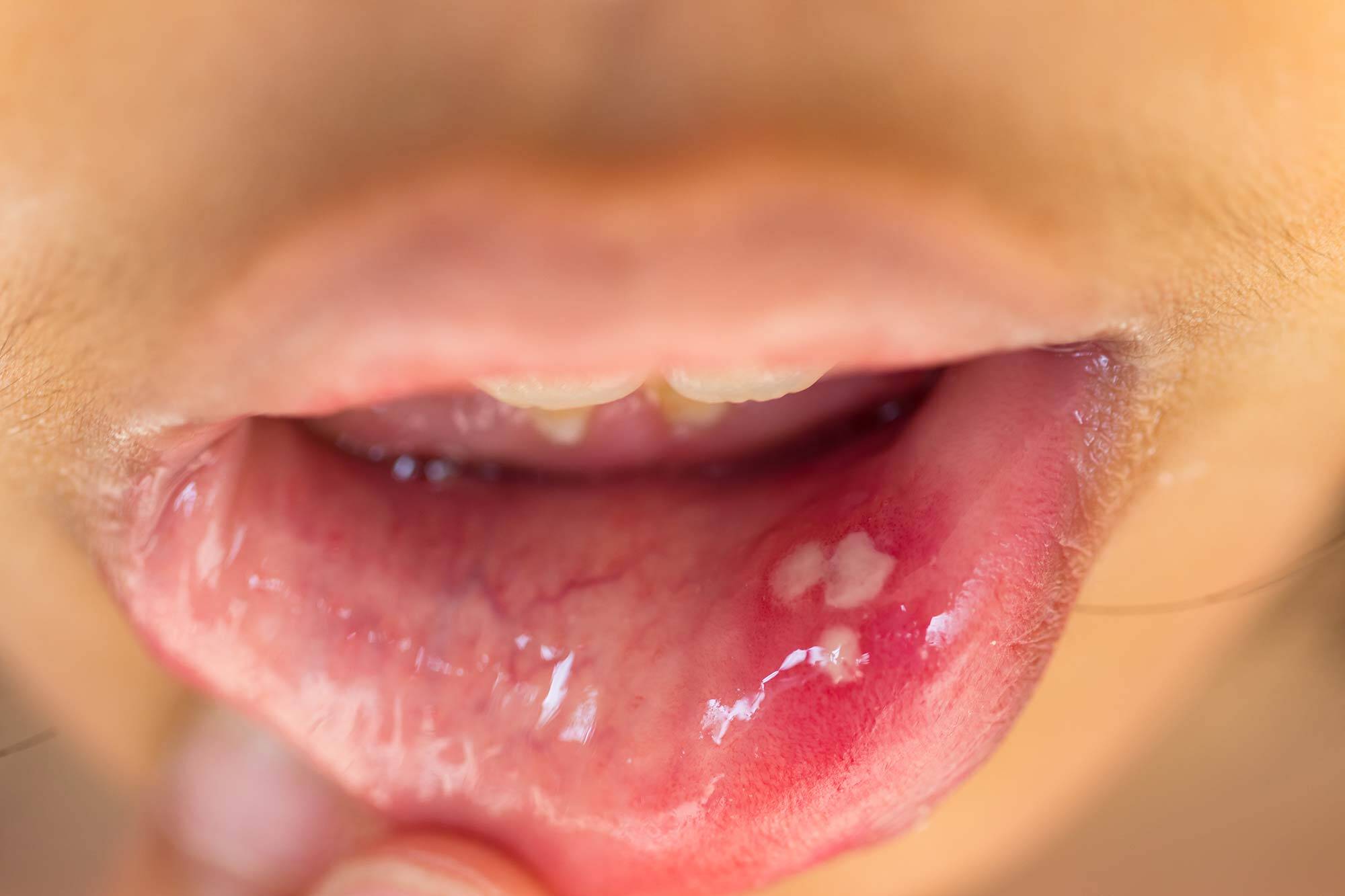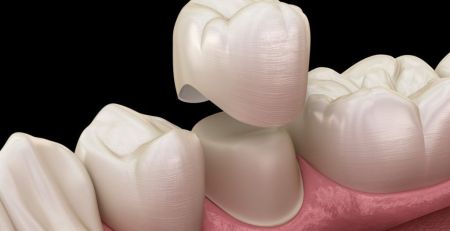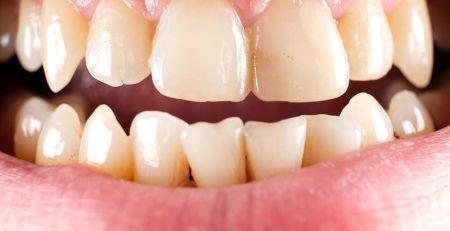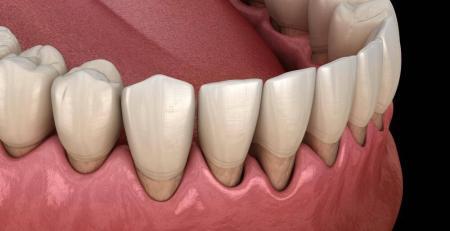What are mouth ulcers or canker sores?
Mouth ulcers, also known as canker sores, are small, painful sores that develop inside the mouth. There are several causes of mouth ulcers, including:
Injury or Trauma to the Mouth
Mouth ulcers can often be traced back to physical injury or trauma within the oral cavity. This type of injury can occur in various ways.
For instance, accidentally biting the inside of the cheek can cause a small wound that develops into an ulcer.
Similarly, using a toothbrush with stiff bristles or brushing too vigorously can damage the delicate mucosal lining of the mouth, leading to ulcer formation.
Another common cause is using ill-fitting dental appliances like braces or dentures. If not properly adjusted, these appliances can rub against the gums or inner cheeks, causing friction and subsequent sores.
Infection or Inflammation
Infections and inflammatory conditions can also lead to the development of mouth ulcers.
Viral infections such as herpes simplex can cause a specific type of ulcer, commonly known as cold sores, typically appearing on the lips.
However, other parts of the mouth can also be affected. Thrush, a fungal infection caused by Candida yeast, can also lead to painful mouth ulcers.
Beyond infections, systemic inflammatory conditions like Crohn’s disease, ulcerative colitis, or celiac disease can contribute to the formation of mouth ulcers.
These conditions often cause widespread inflammation in the body, which can manifest in the mouth.
Nutritional Deficiencies
The health of the mouth is closely linked to overall nutritional status.
Deficiencies in certain vital nutrients can increase the risk of developing mouth ulcers. A lack of vitamin B12 is a common culprit. This vitamin is vital for healthy red blood cell formation and the proper functioning of the nervous system, and its deficiency can lead to oral mucosal changes.
Similarly, iron deficiency, which leads to anemia, can also result in ulcers in the mouth.
Folic acid, another essential nutrient, plays a role in cell growth and division; a deficiency in folic acid can cause a similar effect.
Hormonal Changes
Hormonal fluctuations are another factor that can contribute to the development of mouth ulcers, particularly in women.
It is not uncommon for women to experience an increase in mouth ulcers during certain phases of their menstrual cycle, especially just before menstruation. This pattern suggests a link between hormonal changes and the onset of these ulcers.
Pregnancy and menopause, other periods of significant hormonal change, can also see an increased occurrence of mouth ulcers, although the underlying mechanisms are not fully understood.
For more information on the connection between female hormones and oral health, see “Exploring the Impact of Hormones on Oral Health During Pregnancy.”
Stress & Anxiety
Stress significantly impacts the occurrence and severity of mouth ulcers and canker sores.
When under stress, the body’s immune response can weaken, reducing its ability to combat harmful bacteria and viruses in the mouth. This weakened immune state makes forming ulcers easier and can exacerbate existing ones.
Additionally, stress and anxiety often lead to changes in oral hygiene habits and dietary choices.
Poor oral hygiene can increase the risk of mouth ulcers.
At the same time, a stress-induced diet, often rich in sugary, acidic, or spicy foods, can irritate the mouth’s lining, further triggering or worsening ulcers.
Moreover, stress-related hormonal changes and reduced saliva production, crucial for maintaining oral health, can also contribute to developing these painful sores.
Managing stress through relaxation techniques, a balanced diet, and good oral hygiene practices are essential in reducing the frequency and severity of mouth ulcers and canker sores.
For more information on the relationship between stress and oral health, see “Does Anxiety and Stress Affect Oral Health?”
How do you treat mouth ulcers/canker sores?
Treatment for mouth ulcers usually focuses on relieving the pain and discomfort and promoting healing. Some treatment options include:
Over-the-Counter Pain Relievers
For immediate relief from the discomfort caused by mouth ulcers, over-the-counter (OTC) pain relievers are a viable option.
Medications like acetaminophen (Tylenol) or ibuprofen (Advil, Motrin) can effectively reduce pain and inflammation associated with mouth ulcers. These medications work by inhibiting the production of certain substances in the body that cause pain and inflammation.
It’s essential to follow the recommended dosage and be aware of any potential side effects, especially if taking other medications or if there are existing health concerns.
Topical Treatments
Topical treatments are directly applied to the ulcer and can provide targeted relief.
Over-the-counter creams or gels that contain benzocaine, lidocaine, or hydrogen peroxide can be particularly effective.
Benzocaine and lidocaine are local anesthetics that numb the area, providing temporary pain relief.
Hydrogen peroxide, on the other hand, acts as a mild antiseptic and can help clean the area and promote healing.
These treatments are applied using a clean finger or a cotton swab. Using these products as directed to avoid irritation or allergic reactions is essential.
Mouthwash Solutions
Using a mouthwash solution can also aid in the healing process of mouth ulcers.
Rinsing with a saline solution, made by mixing a teaspoon of salt in warm water, can help to reduce inflammation and keep the area clean.
Another option is a baking soda rinse, prepared by dissolving a teaspoon of baking soda in water. This can help to neutralize acids in the mouth, reducing irritation and promoting a healing environment.
These rinses can be used several times daily but should not be swallowed.
Dietary Adjustments
The foods and drinks consumed can have a significant impact on mouth ulcers.
Spicy, acidic, or rough-textured foods can irritate ulcers, making them more painful and potentially slowing healing.
To minimize discomfort and facilitate healing, it is advisable to avoid such irritants.
Opting for soft, bland foods and avoiding acidic fruits, spicy dishes, and crunchy or hard snacks can be beneficial.
Additionally, drinking plenty of water helps keep the mouth clean and can assist in the healing process.
Summary
Mouth ulcers and canker sores are common oral conditions that can cause significant discomfort but are generally not a cause for serious concern.
Understanding their potential triggers, such as stress, nutritional deficiencies, hormonal changes, and physical trauma, is key to both prevention and management.
While these sores heal independently, maintaining good oral hygiene and a healthy lifestyle can help speed up recovery and reduce recurrence.
If you experience frequent, severe, or unusually persistent mouth ulcers, it is important to seek medical advice, as they can sometimes be a sign of an underlying health issue.
Remember, effective management and prevention of mouth ulcers and canker sores contribute significantly to overall oral health and comfort.
Health Disclaimer: This article provides general information and should not be considered medical advice. It is always recommended to consult with a healthcare professional for specific medical concerns or treatment. The information presented here is not intended to diagnose, treat, cure, or prevent any disease. Always seek the advice of your physician or other qualified health provider with any questions you may have regarding a medical condition. Never disregard professional medical advice or delay seeking it because of something you have read in this article.











